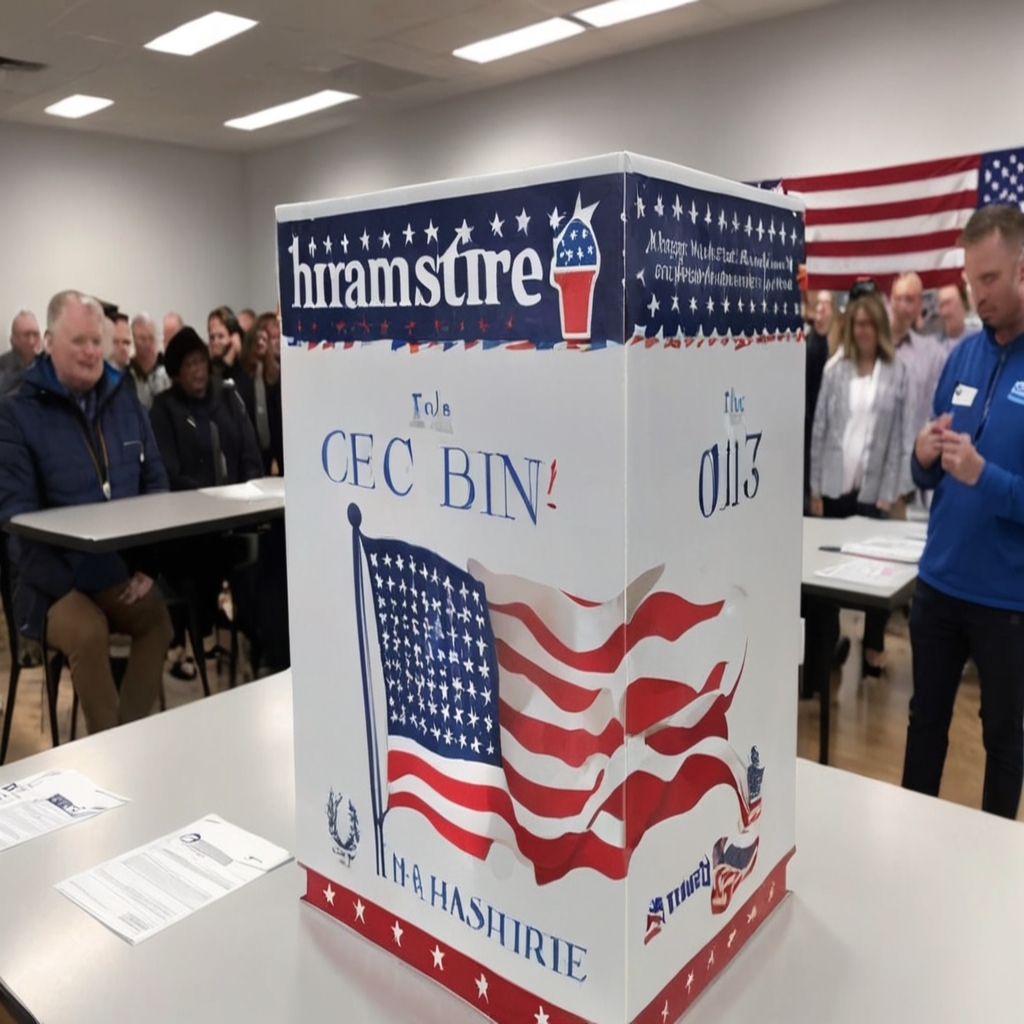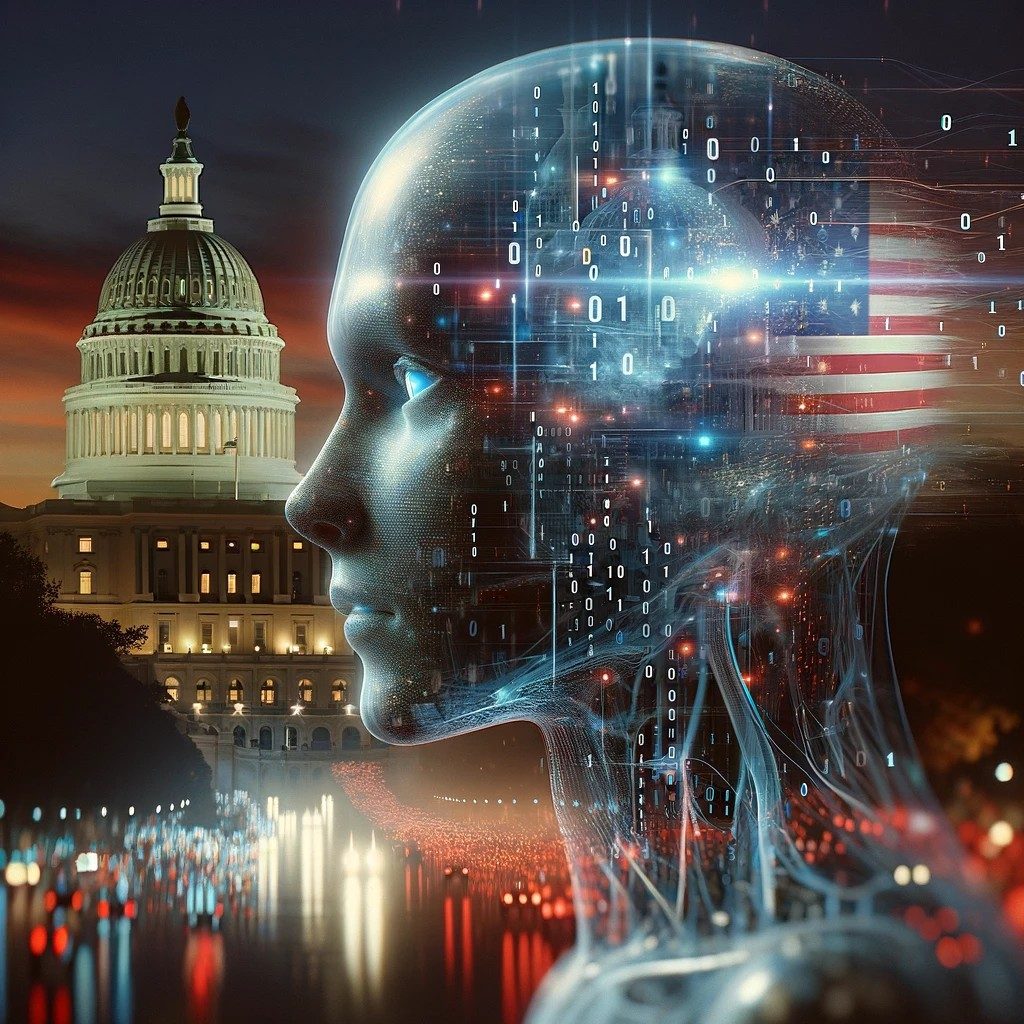Amid a heated Republican Primary, a novel form of electoral influence has emerged. An investigation is underway regarding a deep fake audio message, purportedly from President Biden, that discouraged voter participation in New Hampshire’s semi-closed Primary. This incident has raised serious concerns about the role of artificial intelligence in political campaigns and voter manipulation.
New Hampshire’s semi-closed Primary system allows registered Republicans and independents to vote but restricts Democrats unless they unregister in advance. The recent primary saw about 4,000 Democrats unregister, a number too small to significantly impact the overall voter turnout. Nikki Haley, competing against Donald Trump for the Republican nomination, is focusing on a broad base of moderate Republicans and independents. The deep fake message, targeting independents and Democrats who might vote against Trump, potentially lowered turnout for Haley, giving Trump an advantage.
The mechanics and implications of AI-driven disinformation
This incident demonstrates the effectiveness and danger of AI-driven disinformation campaigns. The deep fake message, imitating President Biden, advised listeners to abstain from voting in the Republican primary, framing it as a tactic to undermine Democratic values. This message was likely more effective with older voters who rely on traditional communication methods like phone calls, rather than social media.
The choice of a robocall as the medium for this disinformation reflects a strategic understanding of the current political and social climate. In an era marked by extreme political polarization and distrust, a message like this can easily sway voters who are already skeptical of opposing political parties. Moreover, older generations, who may have more trust in traditional forms of communication, are particularly susceptible to such tactics.
The broader picture: AI’s role in future elections
The New Hampshire incident is a precursor to what might become a common strategy in future elections. AI technologies like ChatGPT can generate vast amounts of false information, creating fake websites and articles to spread misinformation. Coupled with deep fake audio and video, these tools can target voters with tailored messages, reinforcing existing biases and altering perceptions of reality.
The potential of AI to manipulate elections poses a significant challenge to the integrity of democratic processes. As AI technology becomes more sophisticated and accessible, the risk of its misuse in political contexts grows. The incident in New Hampshire serves as a warning and a call to action for regulators, political parties, and voters to be vigilant against such tactics.
This situation also underscores the need for media literacy and critical thinking among voters. As the technological landscape evolves, the ability to discern fact from fiction becomes crucial. The upcoming 2024 election could be a litmus test for the resilience of democratic institutions against the onslaught of AI-driven disinformation.








